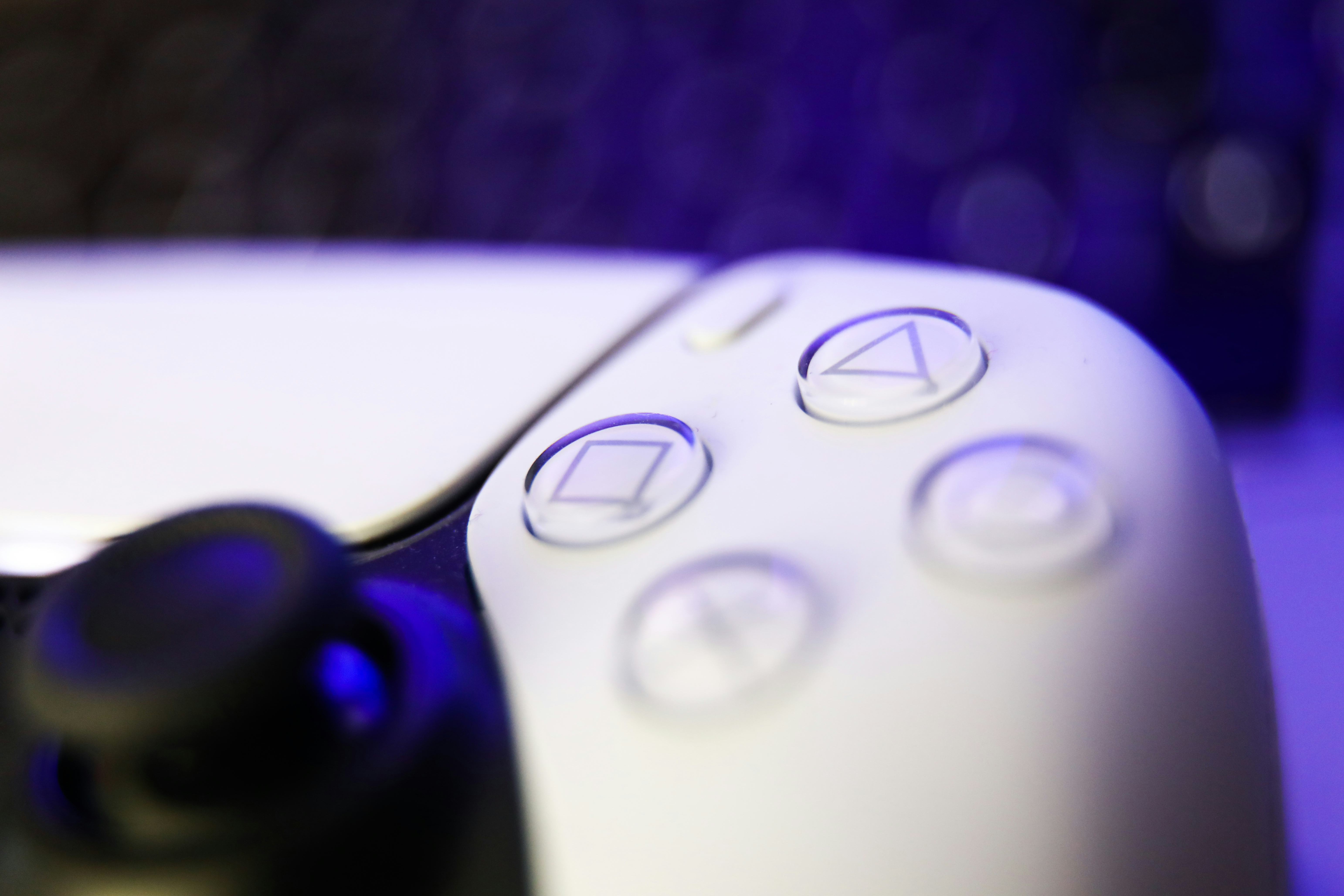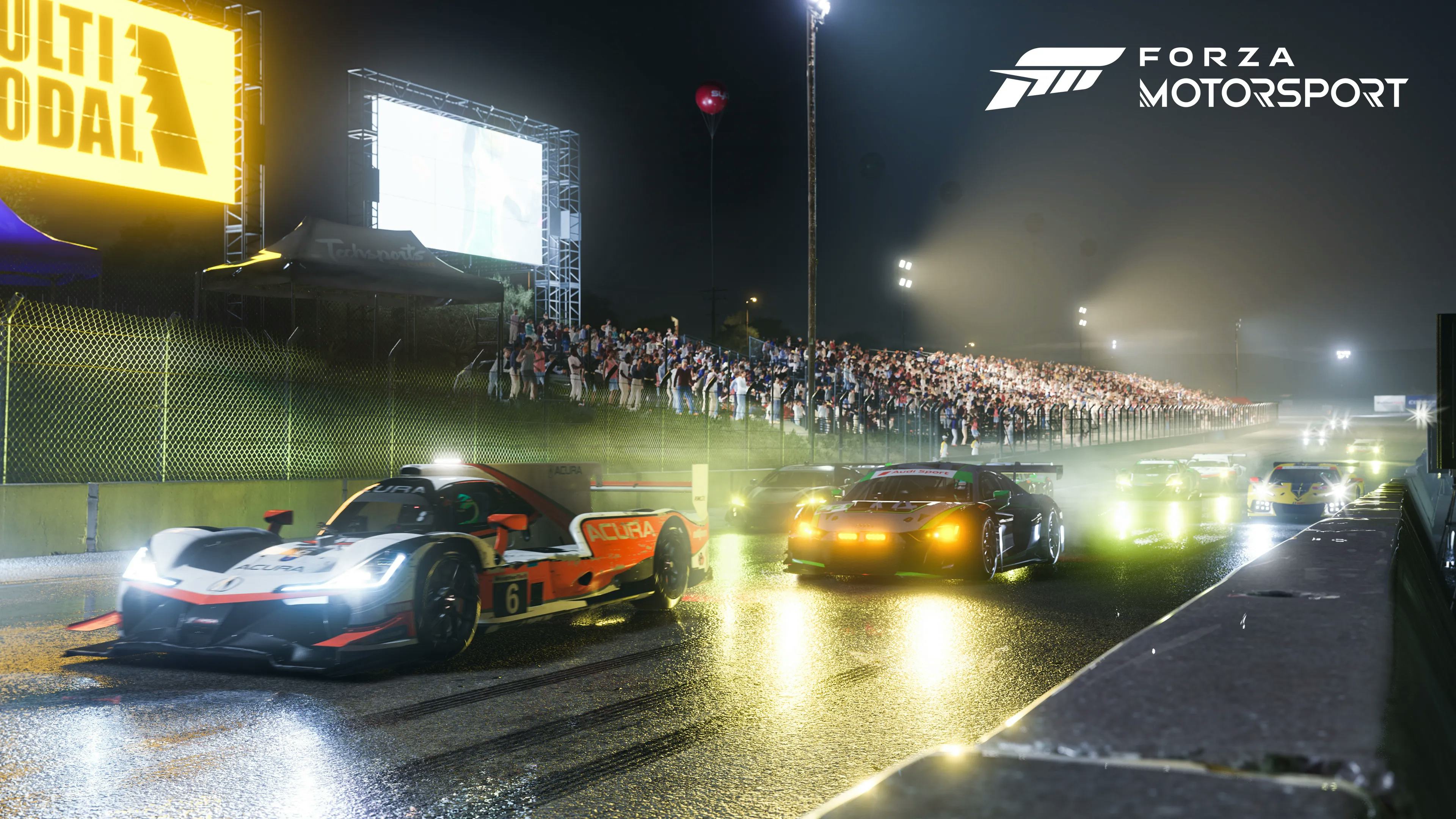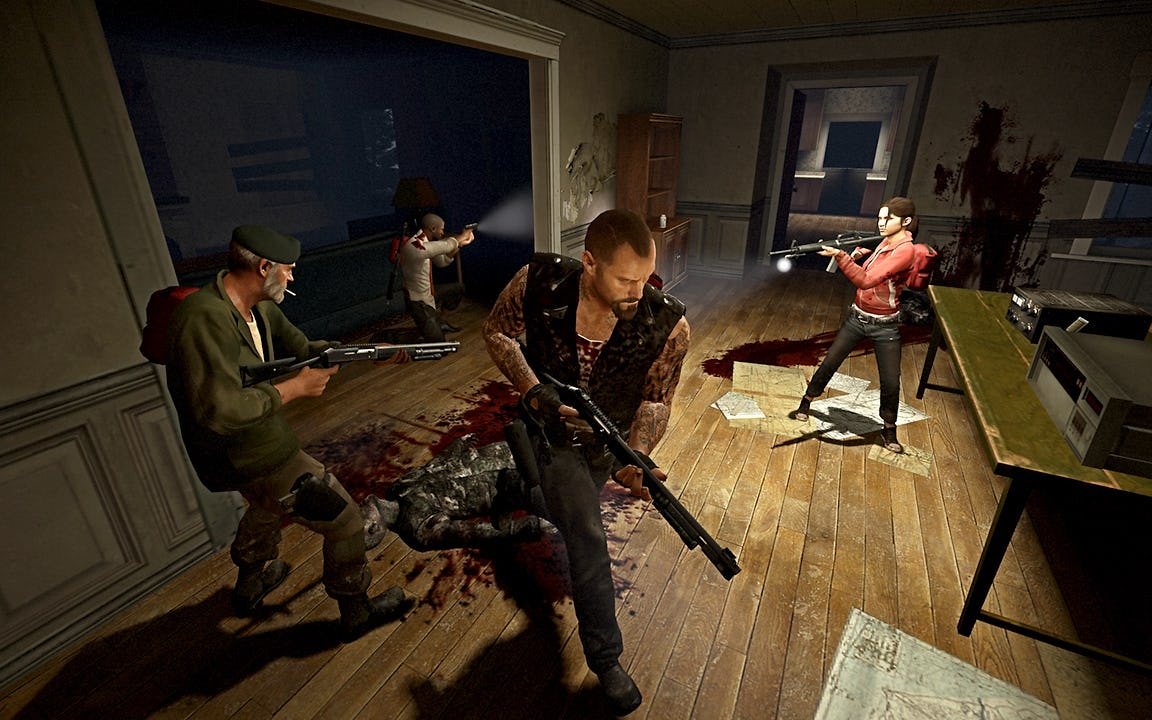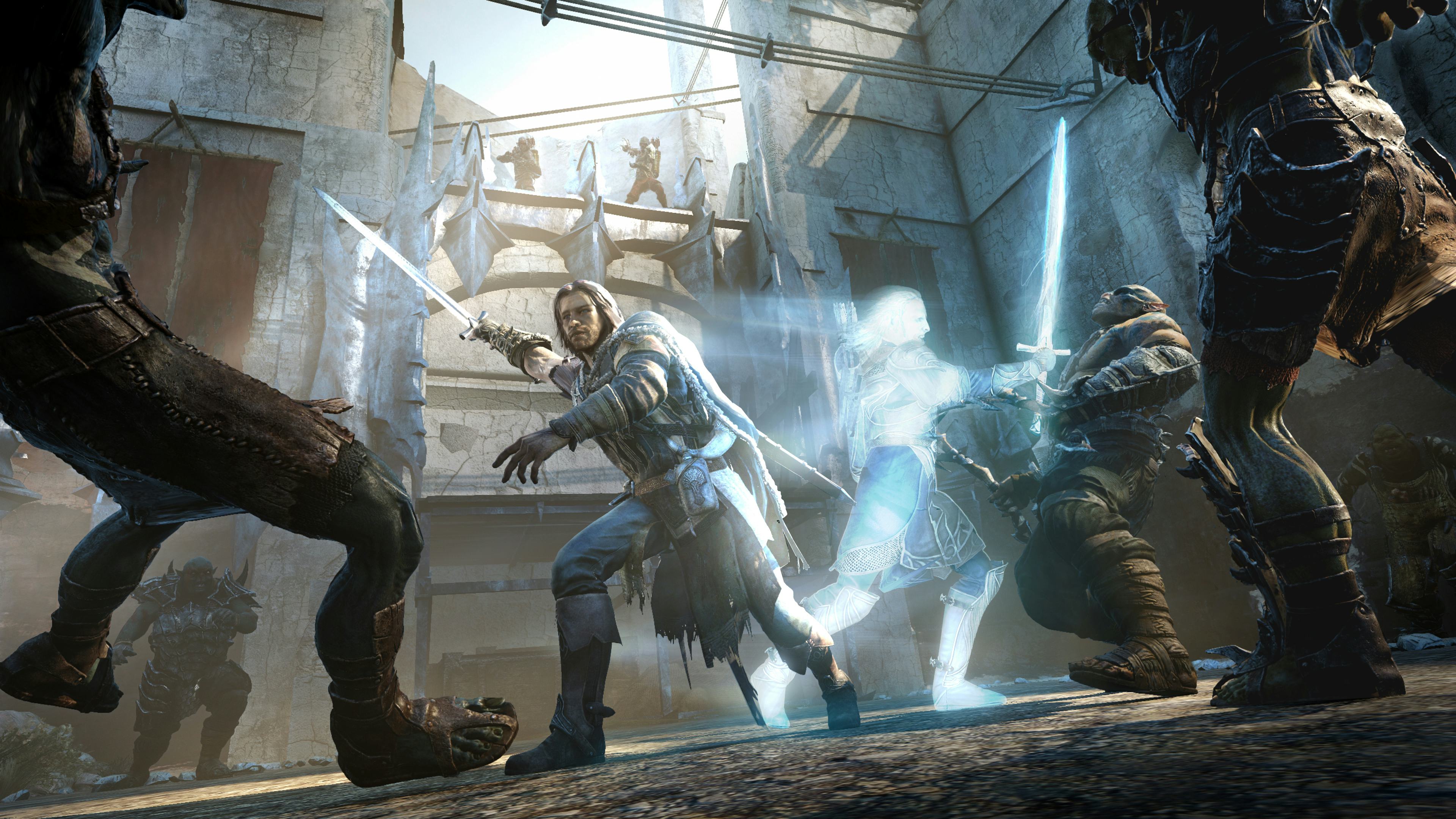
If PlayStation games like Returnal are too challenging, Sony may be eyeing a solution that could help smooth out difficulty in your favorite games by dynamically adjusting a variety of parameters like movement speed based on your performance, according to a new patent published in this month. (Unless, of course, your favorite games aren’t on PlayStation, since the patent could also keep similar features from appearing on other platforms.)
Sony’s patent was filed back in May, but was only published online this month, as spotted by Eurogamer. According to the patent filing, the new tech from Sony would analyze a player’s performance as they journey forth. If their performance indicates that the current difficulty level is too high, the game could then adjust a number of different factors to address the specific issue that a player is having.
“Parameters that relate to movement speed, delay or hesitation, character strengths, numbers of competitors, or other metrics may be changed incrementally until a current user performance level corresponds to an expectation level of a particular user currently playing the game,” the patent filing stated.

As the patent points out, the jump between two standard difficulty modes can sometimes be too extreme, with the only options being a game that’s far too difficult and one that’s too easy to be fun. What the newly patented technology is proposing would look somewhat like an automated version of the “assist mode” settings that already exist in many games.
Assist mode options include things like lower the speed of Celeste, or reducing damage in games like Rollerdrome and Control. These settings, like Sony’s patented technology, let players tweak the specific aspect of a game that’s causing them trouble rather than commit to an all-encompassing difficulty mode. Other games have even used automatic difficulty scaling similar to what Sony’s patent covers. Left 4 Dead was governed by “the Director,” a system that determines which enemies to spawn based on player pace and performance.
The difference for the new patent is how far-reaching it appears to be. As Sony’s patent states, the new technology could be applied not just to individual games, but across multiple titles. So if a player exhibits slow reaction times in one first-person shooter, Sony’s proposed system make adjustments to slow down enemies even in other shooters. The patent even includes the ability to adjust the “speed or strength of a character played by the user or an adversarial game character” — in other words, to help or hinder individual players in an online game based on their performance.

Tune out the cries of capital-G Gamers who insist you just “git gud,” and it’s not hard to imagine plenty of applications for the new technology in the Sony patent. It could be a boon for more casual players who want to get into games that are typically too challenging to approach, or help anyone find the sweet spot between difficulty levels where games are never too tough or too boring. Just think of the friendships that could be saved if you could play Super Smash Bros. against that one friend who’s way too good to compete with again.
Maybe the biggest benefit would be the potential gain in accessibility. In combination with systems like Sony’s Access controller to address mobility impairments, the technology could fill in the gaps of traditional accessibility options, which may not account for everything that makes a game unapproachable for disabled players.
But all of that assumes you’re playing on a Sony console. The purpose of patents is to keep competitors from stealing each other’s best ideas — or, less generously, to horde innovations for the patent holder. Sony’s dynamic difficulty technology could have clear use on any console, but by establishing it as its own intention, the publisher could quash similar systems from other companies. Sony is hardly alone here.

The title of Most Infamous Video Game Patent probably belongs to Namco, which patented the idea of playable minigames on loading screens. That patent expired in 2015, but by then fast solid state drives had made loading screens negligible. A more recent example comes from Warner Bros. Interactive. Ever wonder why Shadow of Mordor’s brilliant Nemesis system, which turns one-off enemies into recurring, evolving foes, hasn’t been replicated ad nauseam by this point? That’s because Warner Bros. Interactive patented it, consigning the genuinely appealing mechanic to an early retirement.
That doesn’t necessarily mean that Sony will prevent similar systems in the future, though. A company can choose not to enforce violations of its patents, essentially turning its patents into invitations for others to use the technology. Even if Sony did want to keep the system to itself, overly broad software patents can be difficult to enforce, particularly after a 2014 Supreme Court case that made challenging them easier.
Sony could also simply choose not to implement the system, or it could prove too difficult technically. Whatever happens, the patent is an interesting look at what could be the next debate in the often-contentious topic of video game difficulty and accessibility.







